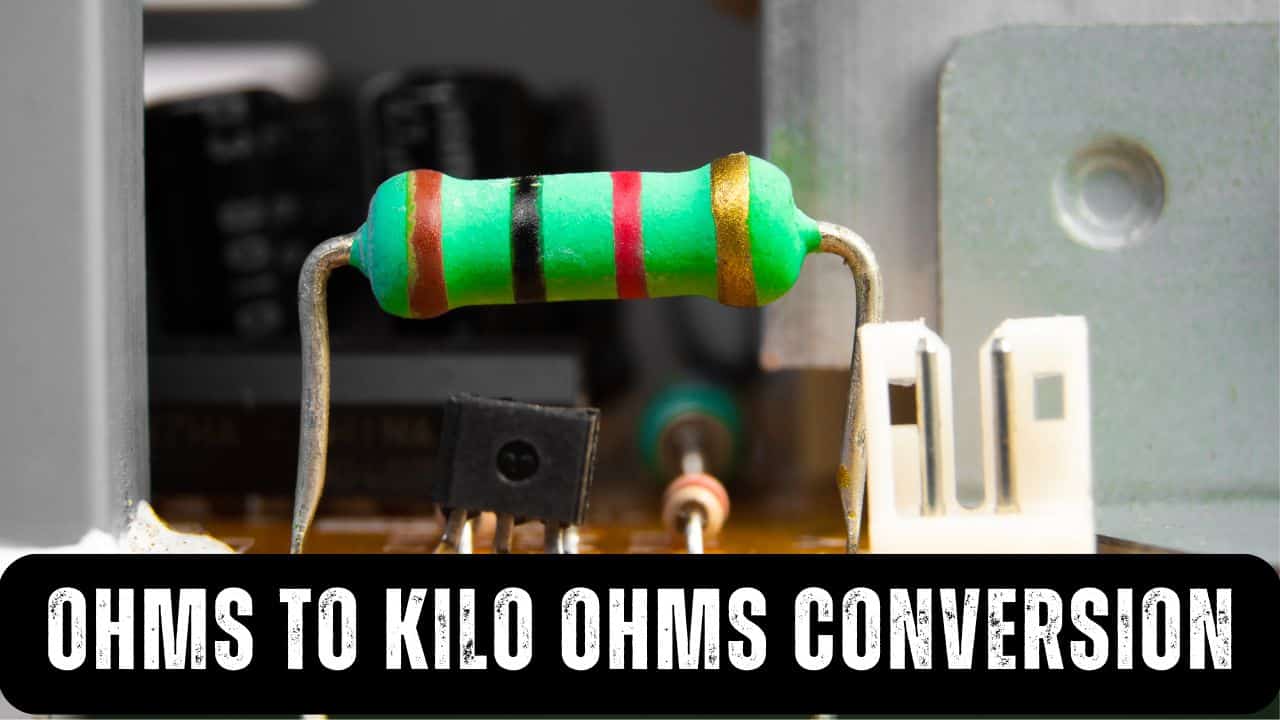Kiloohms to Ohms Converter

Table of Contents
Kiloohms to Ohms Calculator
Learn how to convert Kiloohms (kΩ) to Ohms (Ω) with our comprehensive calculator and guide. Includes practical examples and applications for electrical resistance.
Kiloohms to Ohms Calculation
The resistance (R) in Ohms can be calculated from Kiloohms using the following formula:
R(Ω) = R(kΩ) × 1000
Where:
- R(Ω) Resistance in Ohms (Ω)
- R(kΩ) Resistance in Kiloohms (kΩ)
- 1000 Conversion factor from Kiloohms to Ohms
Key Point: The multiplication by 1000 is necessary to convert Kiloohms to Ohms.
Example
Given:
- Resistance = 5 kΩ
Calculation:
R(Ω) = 5 kΩ × 1000 = 5000 ΩImportant Note: Always round calculations to two decimal places for practical applications. In real-world scenarios, consider safety factors and local electrical codes when sizing components.
Kiloohms to Ohms Conversion Table
| Kiloohms [kΩ] | Ohms [Ω] |
|---|---|
| 1 kΩ | 1,000 Ω |
| 0.5 kΩ | 500 Ω |
| 0.1 kΩ | 100 Ω |
| 0.01 kΩ | 10 Ω |
| 2 kΩ | 2,000 Ω |
| 3 kΩ | 3,000 Ω |
| 4 kΩ | 4,000 Ω |
| 5 kΩ | 5,000 Ω |
| 10 kΩ | 10,000 Ω |
